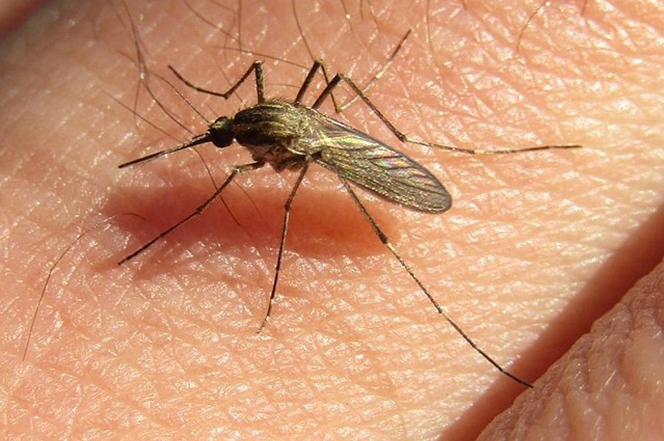

LETTER FROM BUENOS AIRES

She was bit five times on her left calf alone. And over the rest of her body were "countless" other bites, said 50-year-old Florencia Gimenez in a park in Buenos Aires. The stay-at-home mother knew that enjoying the summer breeze under the belombras came with the risk of being the target of multiple mosquitoes, so she carried a pocket-sized repellent spray that she regularly applied. "But they bit me anyway. I'm itchy all over. And these mosquitoes bite through layers of clothing!" she added.
Since the end of December 2023, Buenos Aires, its metropolitan area and the center of the country have seen the proliferation of Aedes albifasciatus. "How long will the invasion last?"; "Why are some people bitten and others are not?"; "What are the best homemade repellents?": In the middle of summer in the Southern Hemisphere, the Argentinian media has been giving extensive coverage to this unusual entomological onslaught.
It's no accident that Gimenez can feel the sting of the mosquito through the fabric of her shorts: This rural breed has adapted to stinging the thick skin of livestock. It is akin to "a plague, precisely because of its behavior − invasive and aggressive toward people," said Victoria Micieli, a scientist and researcher at the government's National Council for Scientific and Technical Research (CONICET), in a report published by the institution.
Aedes albifasciatus are more commonly known as "flood mosquitoes." As biologist Sylvia Fischer writes in the report: "We call them that because their larvae grow in puddles or stagnant water which is then [further] flooded by rainfall," which itself comes after a period of drought. Now, under the influence of the El Niño weather phenomenon, Argentina has seen an increase in rainfall since the start of the southern spring, after several dry years.
"The eggs all hatch at the same time, the larvae develop simultaneously and a huge number of adults emerge at the same time. This is what generates the spike," said Fischer. Adapted to a wide range of temperatures and seasons, this particular breed of Culicidae is capable of flying all over a country that is five times the size of France, from Tierra del Fuego (extreme south) to the north. Decidedly persistent, it rages day and night, is not sensitive to repellents and will remain active as long as the summer includes rainy days.
This mosquito has not only been batted away by annoyed residents − it's also managed to rally health officials. On November 28, Argentina's Ministry of Health issued a disease alert, following the resurgence of Western equine encephalitis, a neurological disease that can be "serious." The infection, currently churning among horses, has for its vector Aedes albifasciatus. As of January 5, 1,250 equine cases had been confirmed, according to the ministry's latest epidemiological bulletin. Instances of the disease in horses have been identified in most of the country's 24 provinces. It is also transmissible to humans: As of January 7, 21 cases had been confirmed, all associated with rural living. One person has died of the disease.
You have 45% of this article left to read. The rest is for subscribers only.
